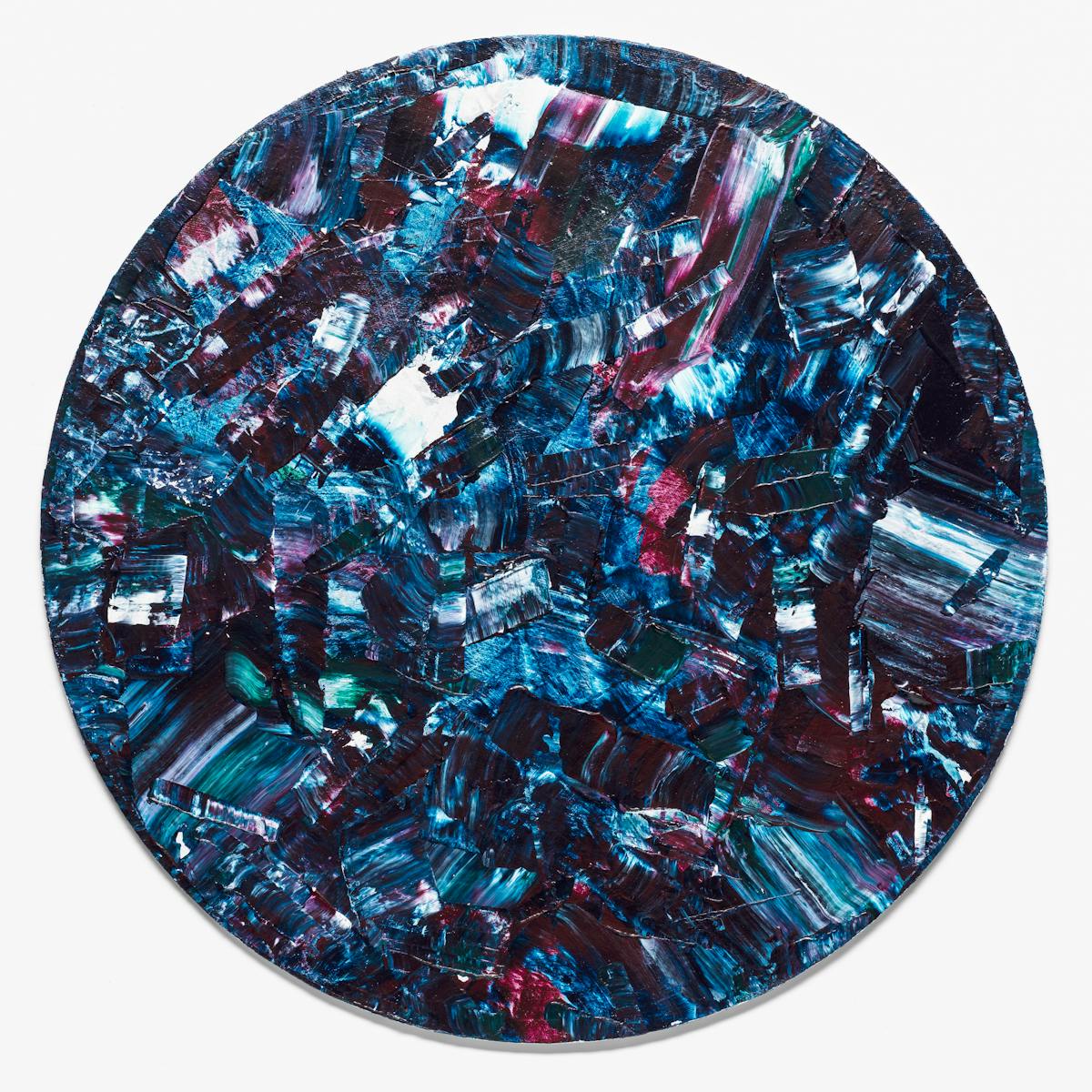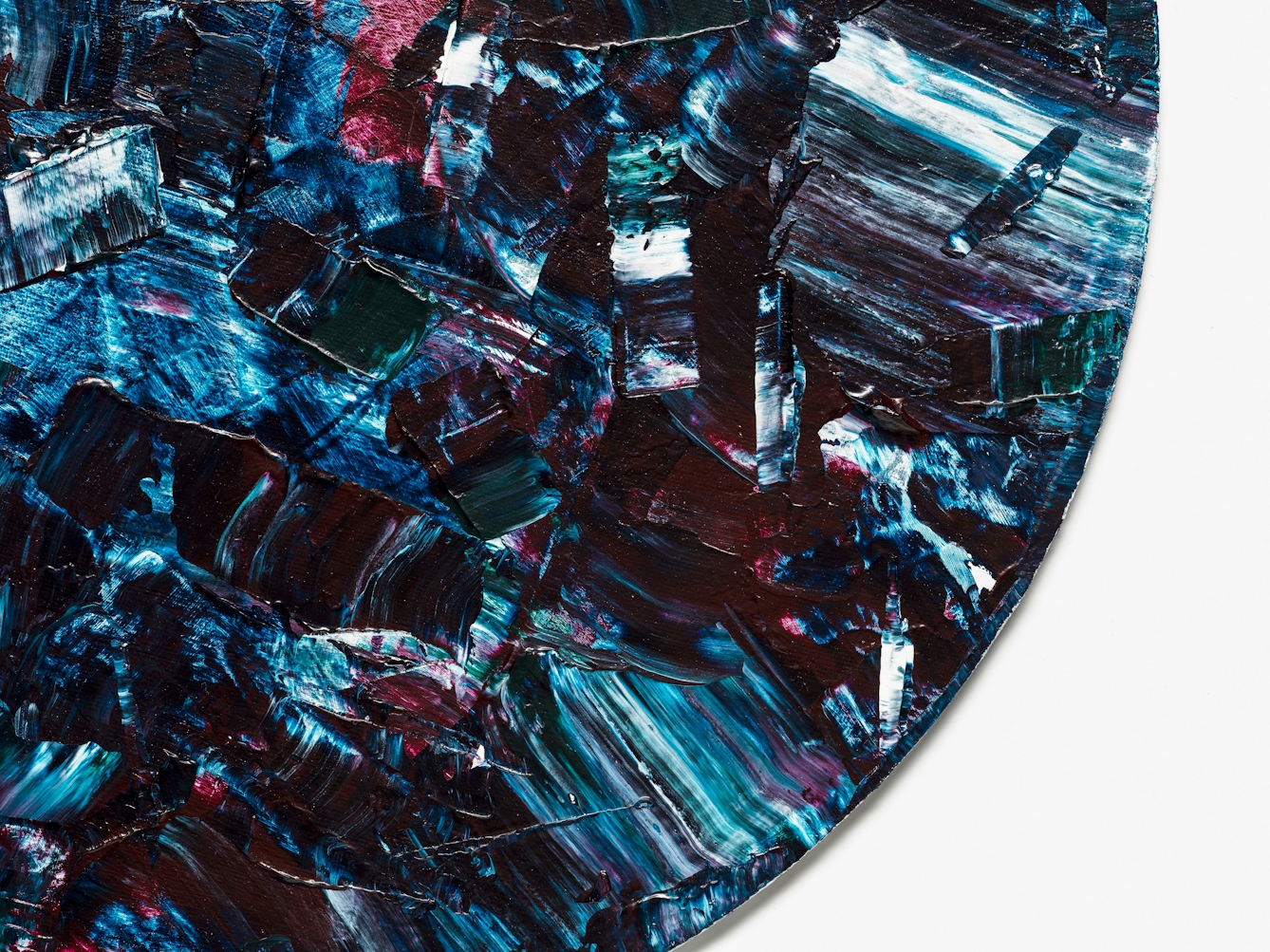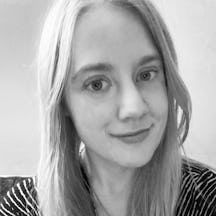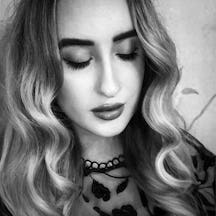Over the last year, Caroline Butterwick has investigated how writing can help make sense of being disabled. In this final instalment of her Writing Myself series, Caroline talks to two fellow creatives about the ups and downs of drawing on lived experience, ultimately asking herself if she’ll ever want to write about anything else.
What writing myself has revealed
Words by Caroline Butterwickartwork by Kimberley Burrowsaverage reading time 5 minutes
- Article

When I started “writing myself” a year ago, I hoped it would it would do three things: help me understand myself better, let others into my embodied experience, and reveal something of what it’s like to be disabled.
Different versions of me have emerged. There’s the one willing to be public about my complicated experiences of illness and access, the one who will tell you what it’s really like. And there’s the activist, who uses writing to highlight inequality and offer solidarity and advice. They both contrast with another version of me: the one who wants to hide what I’ve been through.
It's made me wonder about how important disability is to me, and to my writing. It’s something I wanted to talk through with other creatives who draw on lived experience in their work.
I first met Anahita Harding around ten years ago at university. We campaigned together to make the campus more inclusive. Anahita uses a wheelchair, and her art often focuses on her experiences as a disabled woman.
In July this year, she performed a piece called ‘Are You Comfortable Yet?’ at Tate Modern, where she sat in a lift from 10:00–18:00 in complete silence and without moving while wearing a swimming costume. The idea was to examine the legacy of the 2012 Paralympics and how disabled people have been treated since in society.

“When I started ‘writing myself’, I hoped it would it would help me understand myself better, let others into my embodied experience, and reveal something of what it’s like to be disabled.”
“Reactions to my performance varied, with some visitors staying as far away as possible within the confines of the lift, or reacting with a sense of horror. Others were intrigued and weren’t sure if I was real or not,” explains Anahita.
“I think my art practice can make others think about what it is like to be disabled, but I'm not quite sure if everyone leaves my work fully understanding – everyone has different reactions and relationships to works of art in general, so that is slightly out of my control.
“However, if experiencing my work makes visitors think about bodily difference, or reflect on what it is like to be stared at, or to be treated differently, then I am glad that they have used my work to do that. By focusing on my body through my performances, I give visitors a space to think and react on their own terms.”
While Anahita can’t predict how audiences will feel, making art allows her some control.
“Performances in public spaces make me aware of my body and how it is received. As I am in relatively controlled settings that I have created, I have a slight sense of ownership over how I am perceived by others,” she says.
I asked another friend, Erica Crompton, about why she writes publicly about living with mental illness. Erica is a journalist and author, and her memoir ‘The Mind Surfer’ has just been published.

“Writing can be activism, a way to intervene in public discourse. It can also be personal exploration, a chance to interrogate who we are.”
“I always hoped to write for a living, as it gives me autonomy over my work and cuts out office politics – and therefore paranoia – to some extent,” Erica says.
“But when I decided to write about living with psychosis in the Independent in 2010, I was blown away by the positive feedback from readers that my piece had helped them in some ways. When I realised the power words have to help improve lives, I decided to continue to write about living with psychosis.”
Seeing the impact of her work encourages Erica to keep writing. “I hope my writing helps others with psychosis feel less alone and I also hope it extends to friends and family, as well as the greater community, to create a better understanding of who I am and how psychosis can affect myself and others,” she says.
How disability has shaped me
Writing can be activism, a way to intervene in public discourse. It can also be personal exploration, a chance to interrogate who we are.
Will I ever stop telling my story? If, say, in five years’ time, I no longer need medication and don’t see myself as mentally ill, I could potentially switch my creative focus to something else. I might, at some point, naturally tire of writing about visual impairment and mental illness.

“I’m aware of the impact I can have. I like knowing that something I’ve created has resonated or made a difference.”
I do write about topics other than disability, but it’s an area I keep coming back to. Like Anahita and Erica, I’m aware of the impact I can have. I like knowing that something I’ve created has resonated or made a difference.
I have always been – and always will be – partially sighted, and mental illness has been with me in some form or another for most of my life.
I do sometimes wonder what my career would have been like if I wasn’t disabled and I hadn’t had to take so much time off in high school. My first proper job after university was working in disability support in higher education, something I was drawn to because of the campaign work I’d done as a student. I wouldn’t have done that if I wasn’t disabled.
And then, of course, my writing is so influenced by my lived experience. I wouldn’t be writing this column if I wasn’t disabled. I wouldn’t be doing a PhD writing a memoir about being disabled if, well, I wasn’t disabled. It’s shaped every part of my life.
Through writing, I am learning so much about myself and my place in the world. I have realised that being disabled is an integral part of who I am – that my dissonant selves combine to make me whole. As this series ends, I will continue to write my disabled self.
About the contributors
Caroline Butterwick
Caroline Butterwick is a writer, researcher and freelance journalist based in North Staffordshire. She’s currently working on a nonfiction book proposal, and her freelance journalism has featured in a range of publications, including the Guardian, the i paper, Mslexia, and Psychologies. She is studying for a PhD in Creative Writing that explores the power of memoir as a counternarrative to dominant models of disability, funded by the Arts and Humanities Research Council/Midlands4Cities.
Kimberley Burrows
Kimberley is a blind abstract expressionist artist from Salford, Greater Manchester. An intuitive approach to her practice explores the complex themes of blindness, mental health, and art as therapy through performative mark-making. Kimberley is keen to understand the relationship between artist and medium, beyond the scope of vision, and the various health benefits that art can cultivate. Kimberley is a passionate advocate for accessibility and inclusion, which are both at the forefront of her social media presence. Kimberley, who will undertake a Master's degree in painting at the Royal College of Art, London later this year, has been featured in BBC Look North, Manchester Evening News, ITV News, the Daily Mail, and Marie Claire, among others.

